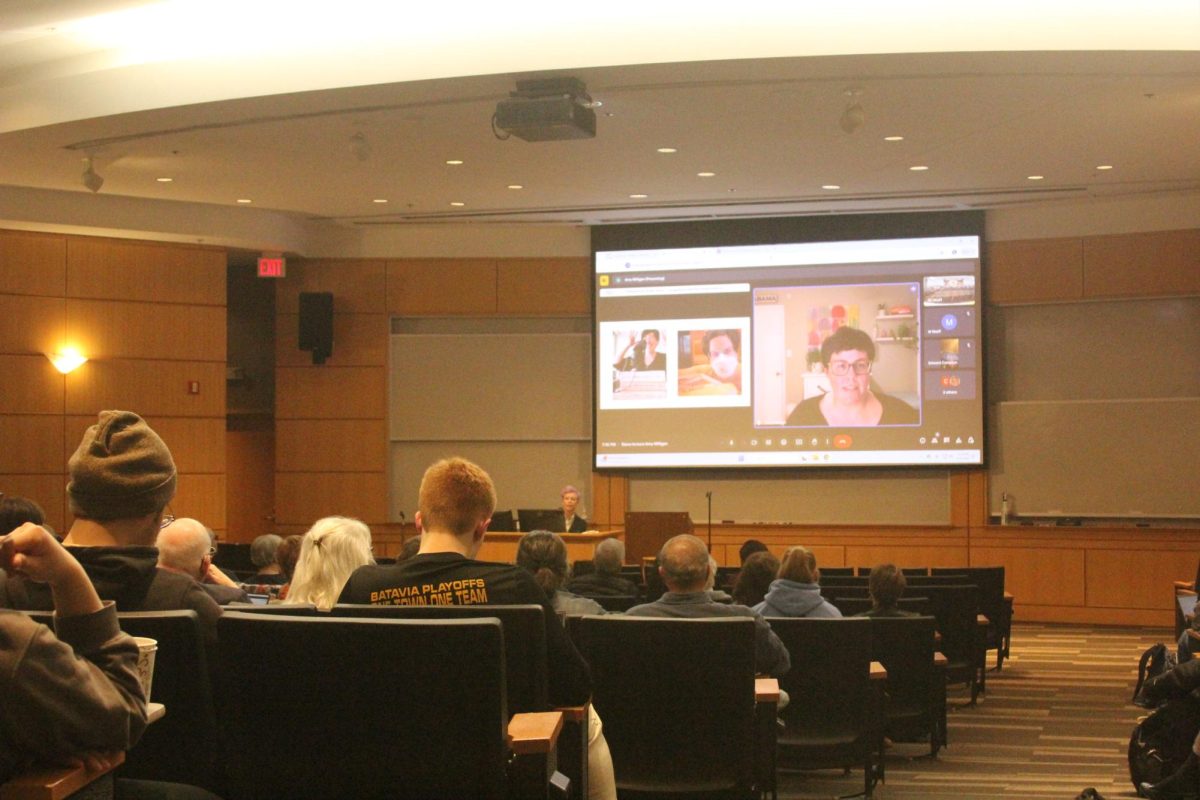Elections for the senate that will initiate those changes for next year will be held on Tuesday, April 22 and Wednesday, April 23.
Sophomore and international senator Nadia Ayensah said that students’ votes in these elections are very important but have not been at the levels they should be. “Voter turnout in this school is really poor,” Ayensah said. “Students don’t see the sense in voting, and I think that’s because they haven’t been educated enough about what SGA does and why this affects them.”
One of the main jobs of SGA is listening to and debating contingencies, in which the senate decides how much money a student group on campus will get in order to run their organization and put on events.
Another main job of SGA is working with administration to find solutions to issues students have, from filling the potholes in the Westerlin parking lot to having a say in plans for new construction projects on campus.
“In those moments when we are sitting down with administrators about pressing topics, who do you want to be speaking for you?” Haley DeGreve, next year’s president of SGA asked.
“That’s a huge responsibility. I hope that students really think about who they want in their place to be speaking about the issues that matter to them,” DeGreve said.
Generally, there is not a lot of turnover in senator elections, meaning the same people tend to keep their position. Part of that is because of low voter turnout and few applicants.
“We would like to see more diverse perspectives in the senate,” DeGreve said. “It’s important to get new people involved because it gets new thinking and new ideas to the table, and we need that to continue to be innovative as an organization.”
Senior world language and literature senator Crystal Salazar said that she sees improvement in SGA’s representation of all groups on campus, specifically cultural groups like Black Student Union or Latinx Unidos.
“I want more people who are involved [in SGA] because they want to use their voice and take action,” Salazar said. “I feel like that change is happening and that we’re moving in a good direction.”
Part of this attempt to increase diversity includes the replacement of a class senator position with an international senator position.
Instead of having four senators represent each class, next year there will be three class senators and one international senator.
But to continue to allow the senate to become more diverse and influential, the students must vote on who they believe will best represent them.
“People should come out and vote,” Ayensah said. “Your representatives are your voice, so you need to find people that are dedicated to doing it.”







































































































